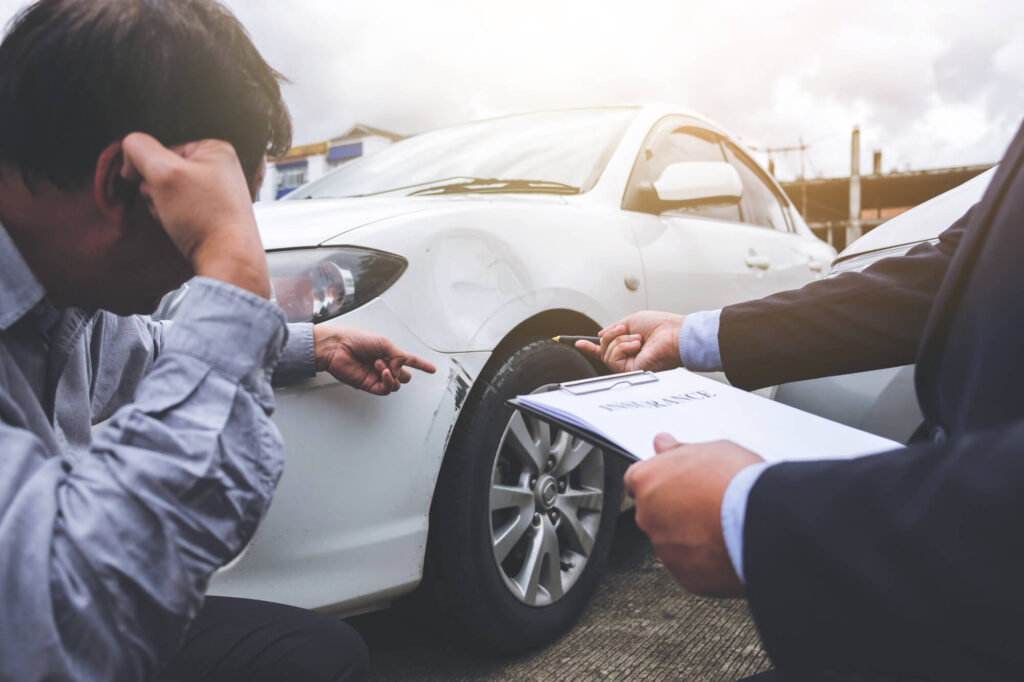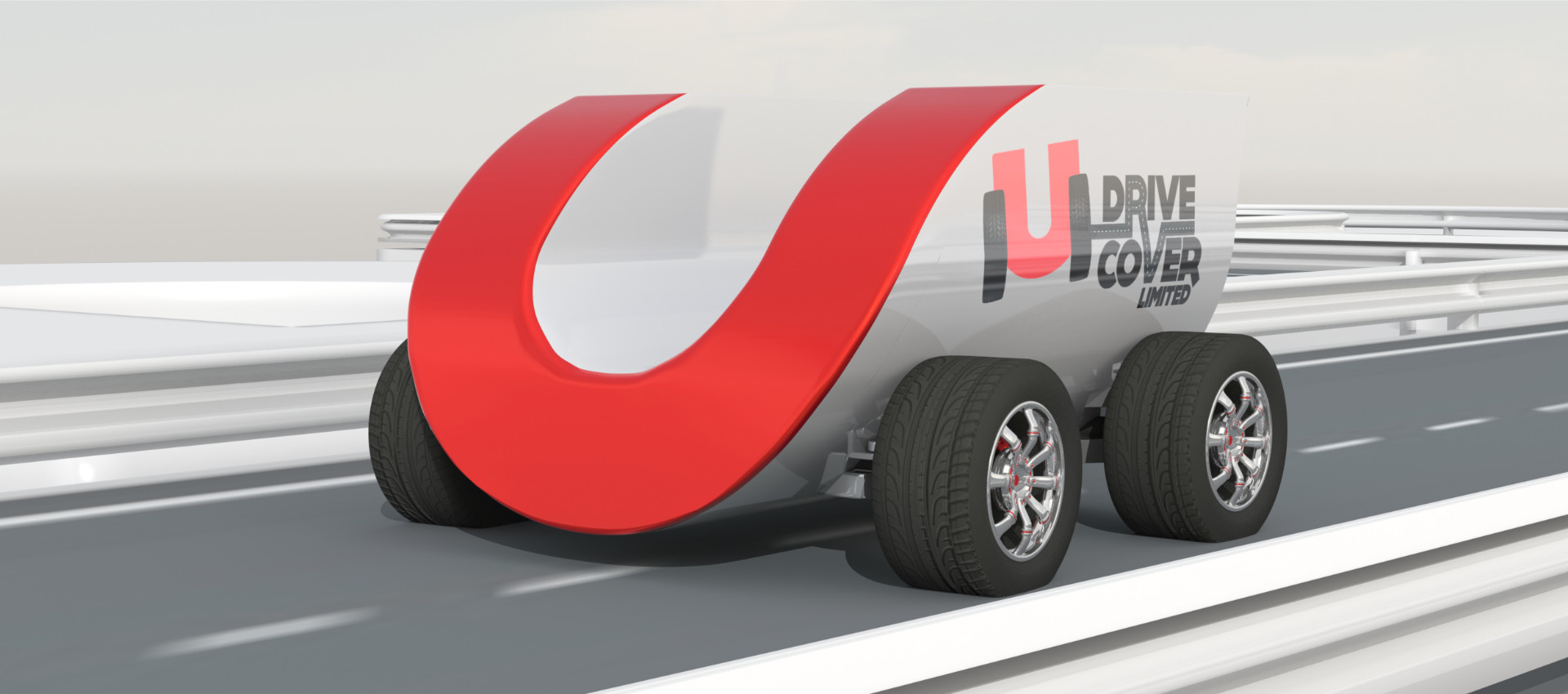Car accidents can happen to anyone, anywhere, and at any time. While we all hope to avoid them, it’s essential to be prepared and informed about the car insurance claims process in case the unexpected occurs. Navigating this process can be daunting, but understanding the key steps and knowing what to expect can make it much smoother.
In this blog post, we’ll break down the car insurance claims process, from the initial accident to the final settlement. Whether you’re a seasoned driver or a new one, this information will prove invaluable.

Content
Ensure Safety First
The moment you’re involved in a car accident, your first priority should always be safety. Check for injuries and call for medical assistance if needed. If the accident is minor and you can do so safely, move your vehicle to the side of the road to prevent further accidents or blockages.
Notify the Authorities
In many jurisdictions, it’s required by law to report accidents to the police, especially if there are injuries or significant damage. Even if it’s a minor fender-bender, having an official report can help with the claims process.
Gather Information
Exchange contact and insurance information with the other driver(s) involved in the accident. Be sure to collect the following details:
- Names and contact information of all parties involved.
- Insurance information (policy number, company name) of all drivers.
- License plate numbers of all vehicles.
- Names and badge numbers of responding police officers.
- Additionally, take photos of the accident scene, vehicle damage, and any visible injuries. These photos can be invaluable when filing a claim.
Contact Your Insurance Company
Once you’ve ensured safety and gathered the necessary information, it’s time to notify your insurance company about the accident. Be prepared to provide them with the details you collected earlier. They will guide you through the next steps, which may include sending an adjuster to assess the damage.
Consult with Legal Counsel
If the accident resulted from the negligence of another party and you sustained significant injuries, you might consider consulting with a car accident lawyer. They can help you understand your rights and navigate the legal aspects of the claims process. For instance, if you live in Victorville and need legal assistance, you can contact a car accident lawyer Victorville to discuss your case.
Assessment and Repair
After reporting the accident to your insurance company, they will arrange for an adjuster to assess the damage to your vehicle. Based on their evaluation, they will determine the cost of repairs and coverage. You may choose a repair shop, or the insurance company may recommend one.
Rental Car Coverage
Your insurance policy may include rental car coverage if your vehicle is deemed unroadworthy due to the accident. This can help you stay mobile while your car is being repaired or replaced.
Settlement Negotiation
Once the damage assessment is complete, your insurance company will negotiate a settlement with you. It’s essential to review this settlement carefully and consult with your car accident lawyer if necessary to ensure you receive fair compensation.
Resolution and Closure
Once both parties agree on the settlement, your insurance company will provide the necessary funds to repair or replace your vehicle. Keep in mind that settlements can also cover medical bills, lost wages, and other accident-related expenses.
Conclusion
Going through the car insurance claims procedure can be complex, but with the right knowledge and resources, you can protect your interests and ensure a smoother journey toward resolution. Always prioritize safety, gather information, consult with professionals when needed, and work closely with your insurance company to achieve a fair and satisfactory settlement. Remember that car accidents are stressful, but being informed and prepared can make all the difference.

Daniel is the eco-conscious auto whisperer. His blog doesn’t preach; it educates on the world of green transportation. It’s your guide to reducing your carbon footprint without sacrificing style or speed.



